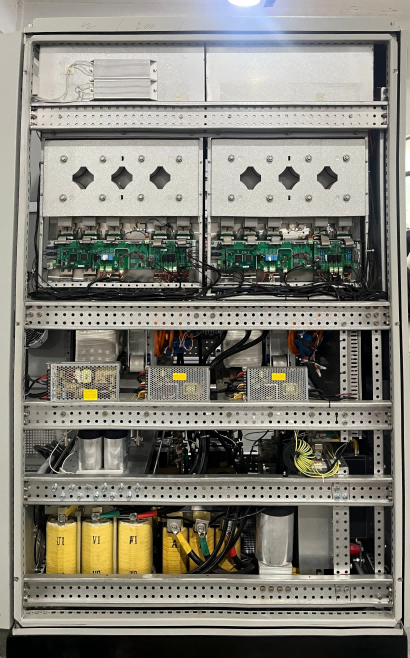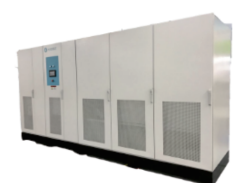low frequency inverter
A low frequency inverter is a sophisticated power conversion device that transforms low frequency AC power into stable and reliable output power. Operating typically between 50-60 Hz, these inverters are engineered to provide exceptional performance in demanding applications. The device utilizes advanced pulse width modulation technology to generate clean sine wave output, making it ideal for sensitive equipment and heavy-duty industrial machinery. The low frequency inverter incorporates robust transformers that ensure superior voltage regulation and overload capacity, making it particularly effective in situations requiring high surge power. These inverters excel in maintaining stable operation under varying load conditions, providing consistent power quality that protects connected equipment. They feature comprehensive protection mechanisms, including overload protection, short circuit protection, and temperature control systems, ensuring long-term reliability and safety. The design emphasizes efficiency and durability, with high-grade components that withstand continuous operation in challenging environments. Applications span across various sectors, from industrial manufacturing and telecommunications to renewable energy systems and backup power solutions.




